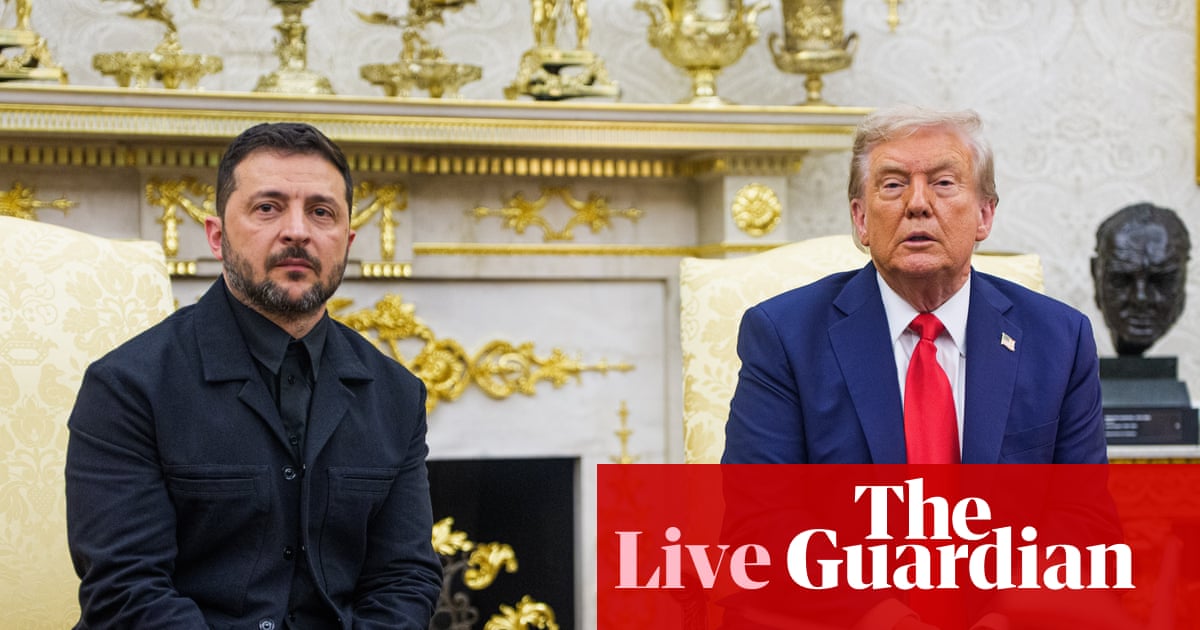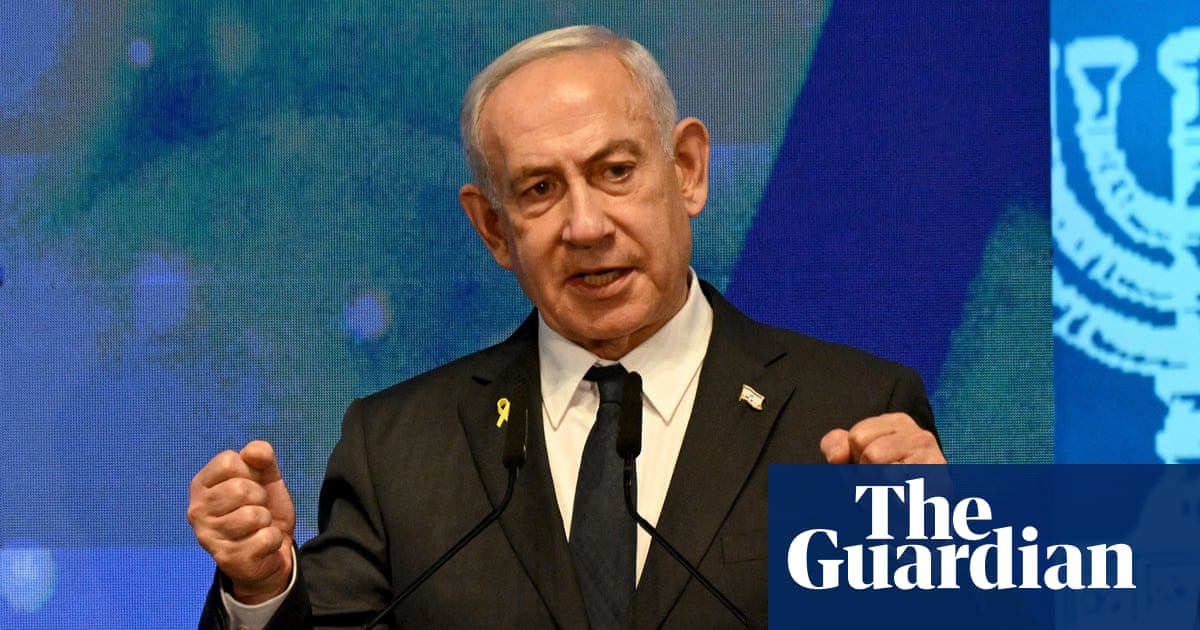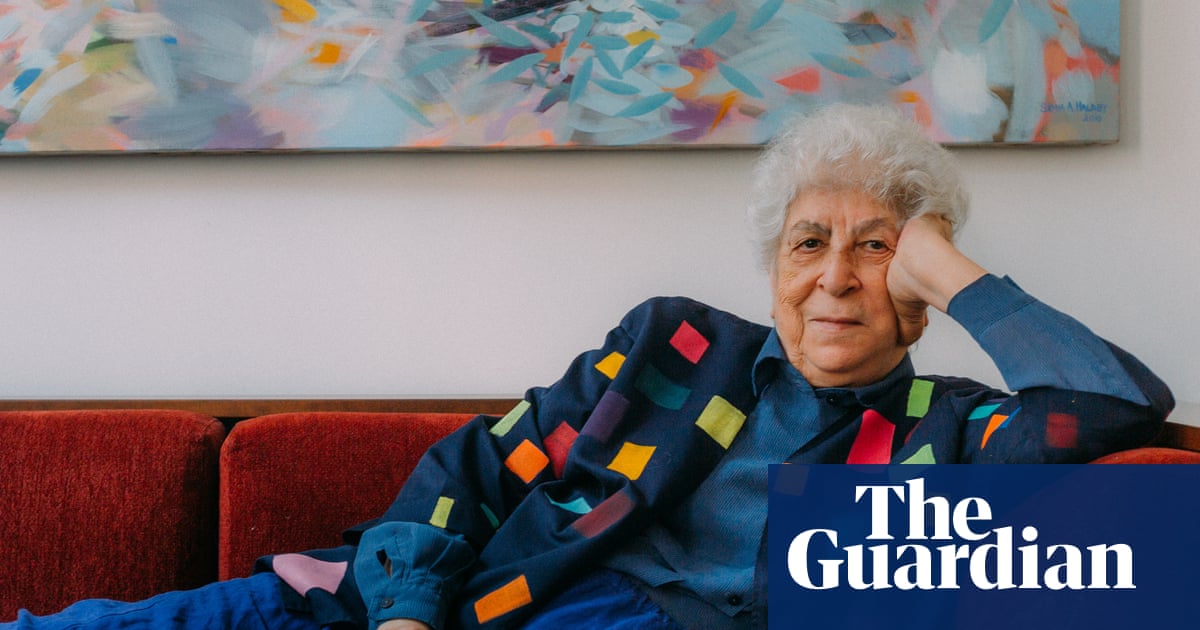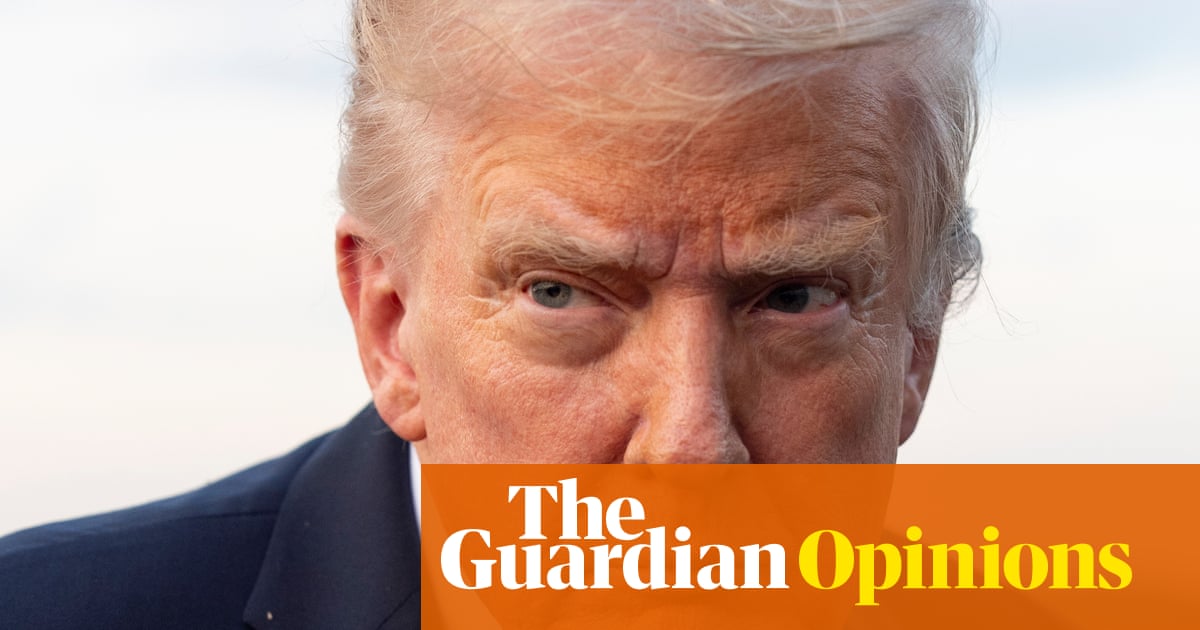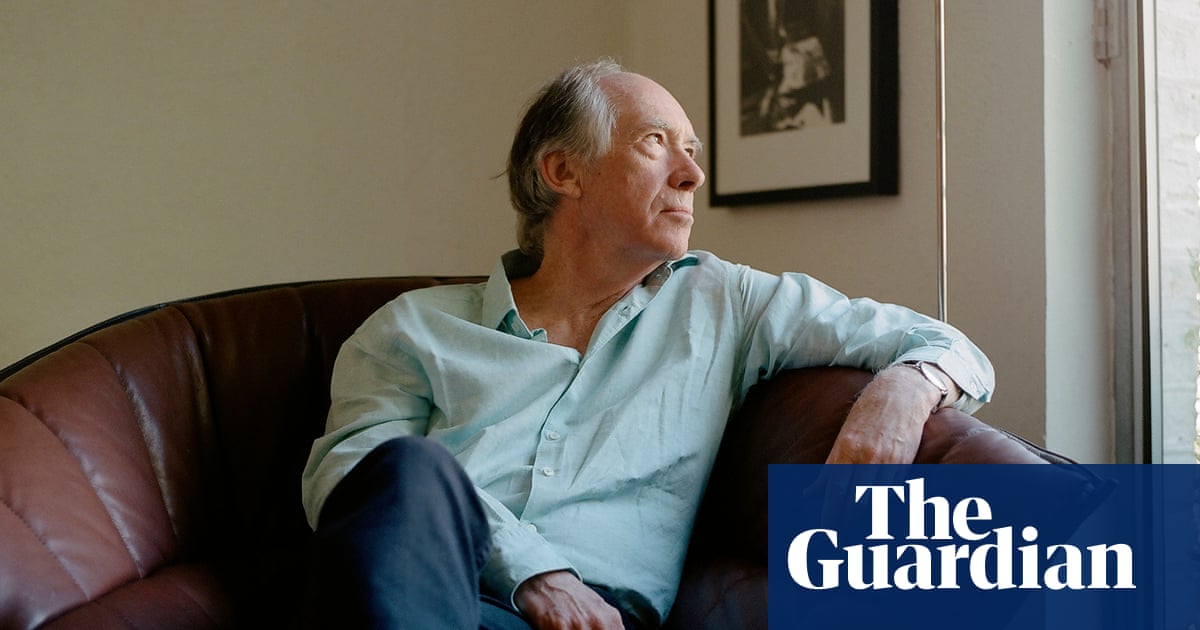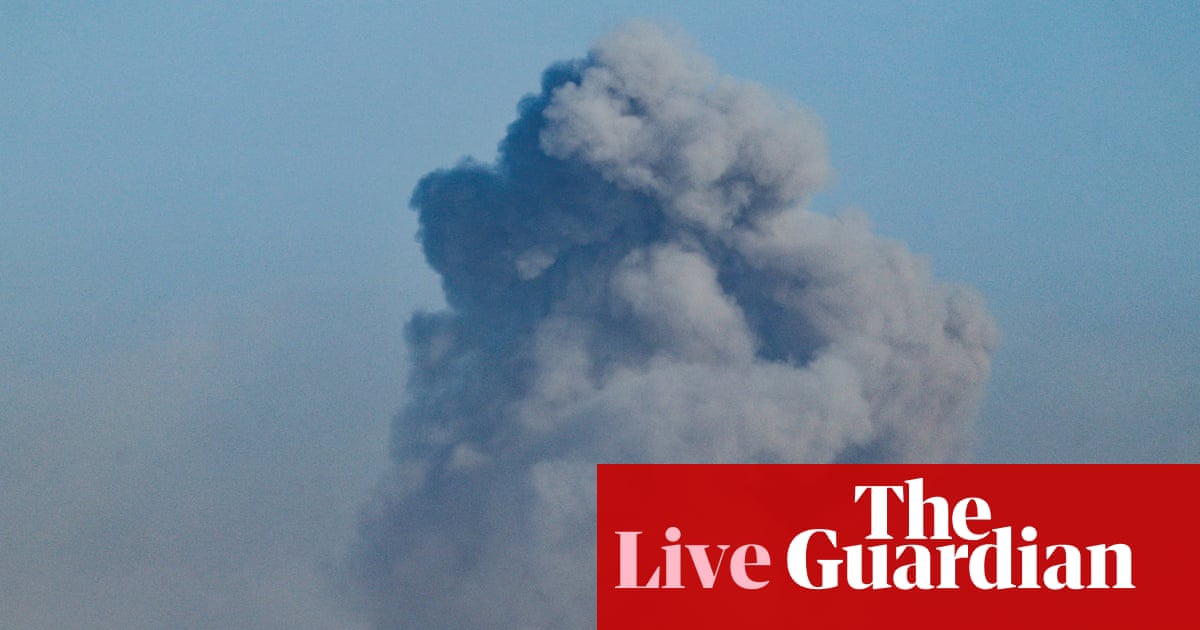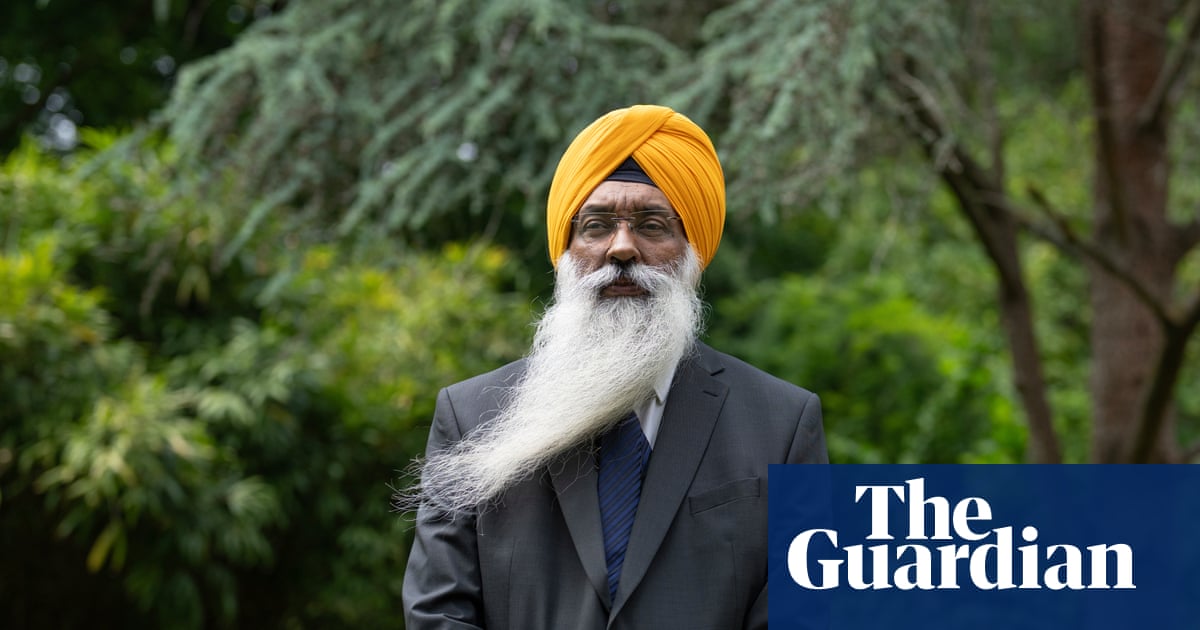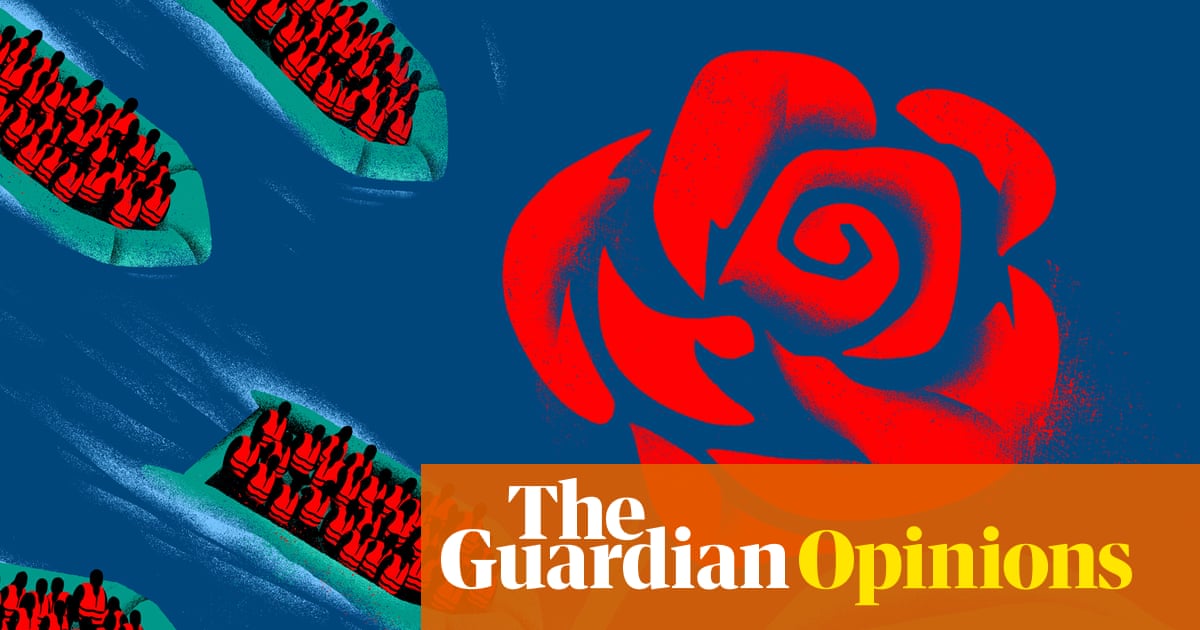Cambodia has banned imports of fruit and vegetables from Thailand, the latest escalation in a series of retaliatory actions sparked by a long-running border dispute between the South-east Asian neighbours.
Tensions flared in May when troops briefly exchanged fire at a contested area of the border, killing a Cambodian soldier.
The incident has led to a surge in nationalist sentiment and tit-for-tat actions by both governments. Thailand has imposed border restrictions with Cambodia in recent days, while Cambodia has banned Thai films from TV and cinemas, closed a border checkpoint, and cut internet bandwidth from Thailand. Both countries have shortened visas stays for visitors for one another’s citizens.
A ban on imports of Thai fruit and vegetables to Cambodia came into effect on Tuesday. This follows an ultimatum by Cambodia’s former leader Hun Sen, who ran the country for almost four decades before handing over to his son in 2023, who said those imports would be blocked unless Thai border restrictions were lifted.
On Wednesday, tens of thousands of Cambodians, carrying national flags and pictures of the country’s leaders, took to the streets of Phnom Penh for an official rally to support the government’s stance.
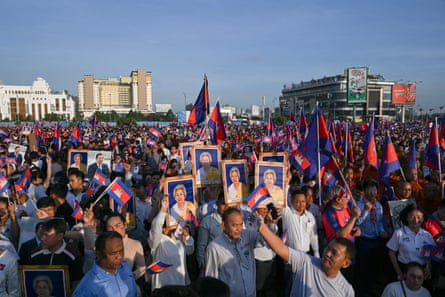
The deputy prime minister, Hun Many, brother of the prime minister, told the crowd the march was “an encouragement and additional energy for the government and our forces”.
“When the country faces a threat or any insult, the Cambodian people will not stay still, we will stand up in united spirit,” he said.
Cambodia has asked the international court of justice (ICJ) to resolve the border dispute. However, Thailand does not accept the court’s jurisdiction and has said it prefers to solve the matter through direct negotiations.
The long-running dispute dates back more than a century, to when France, which occupied Cambodia until 1953, first mapped the land border.
The dispute has, over the years, has repeatedly fanned nationalist sentiments in both countries. In 2003, rioters torched the Thai embassy and Thai businesses in Phnom Penh after a Thai celebrity allegedly questioned the jurisdiction over Cambodia’s World Heritage-listed Angkor Wat temple.
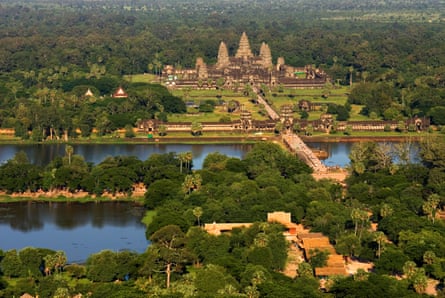
Tensions flared most recently in 2011 when an estimated 28 people were killed, and tens of thousands displaced by fighting at the border.
The Thai and Cambodian armies both said they acted in self-defence in May’s exchange of fire.
Cambodia has asked the ICJ to rule on four areas of the disputed border. This includes Mom Bei or Chong Bok, an area where the borders of Thailand, Cambodia, and Laos meet, and which was the site of last month’s clash, as well as three ancient temples.
“The royal government of Cambodia will undertake this task with strong determination and high responsibility to protect our territorial integrity and the best interest of the Cambodian people,” prime minister Hun Manet said in a statement earlier this week.
Hun Manet has added that he wanted to maintain “peace and good cooperation” with Thailand.
Cambodia has previously referred the dispute to the ICJ, and in 1962, the court ruled that Preah Vihear, an 11th century Hindu temple, was Cambodian, though it did not rule on the area surrounding it. Cambodia sought a clarification of the ruling in 2011, and in 2013, the ICJ verdict stated that an area next to the temple was also Cambodia.
Thailand’s prime minister, Paetongtarn Shinawatra, has said the government is committed to protecting Thailand’s sovereignty, and ensuring peace along the border. She has criticised “unprofessional communication”, in an apparent reference to frequent social media statements by the former leader Hun Sen.

.png) 2 months ago
39
2 months ago
39
